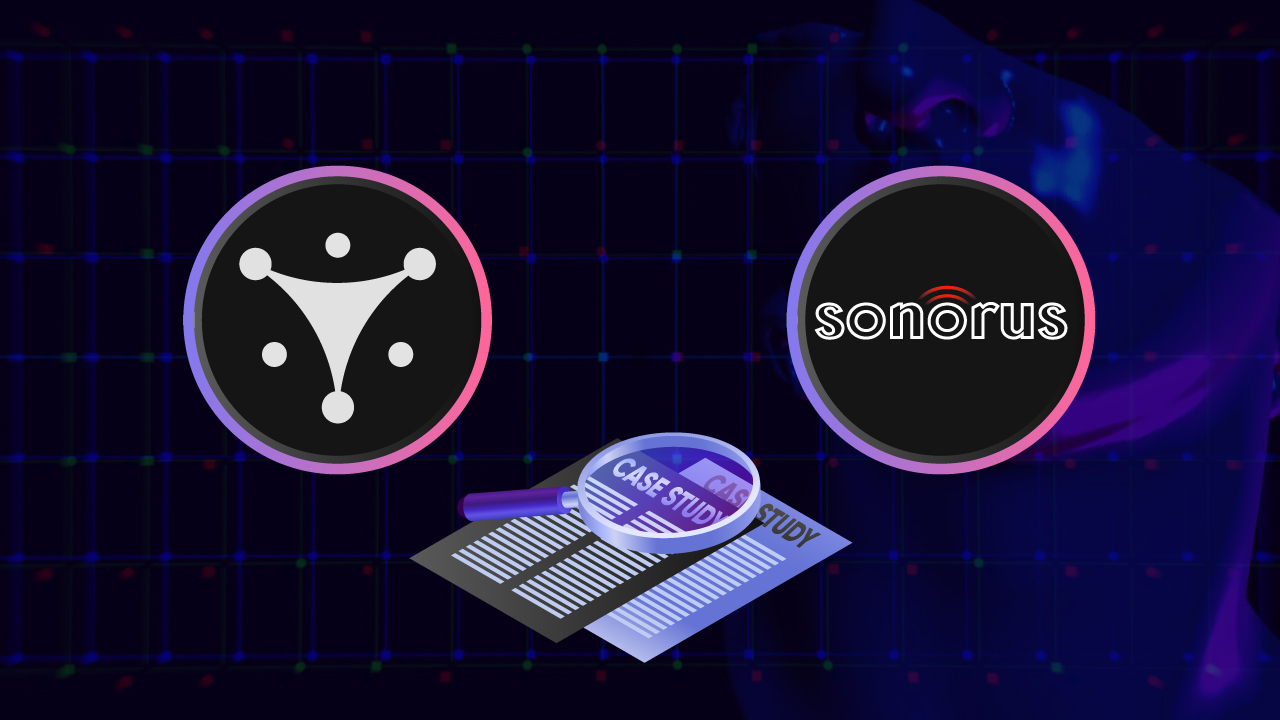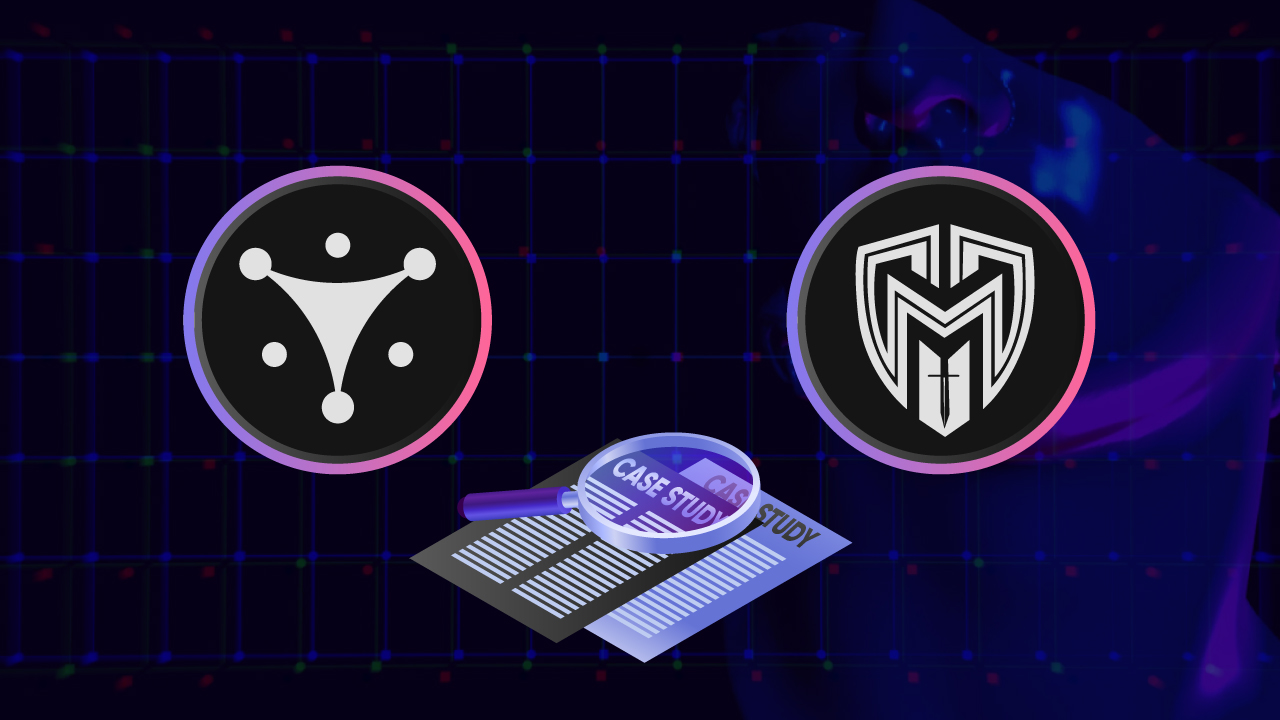Is Crypto Legal in South Korea

South Korea is one of the largest markets for cryptocurrencies in the world. With a tech-savvy population and a robust blockchain infrastructure, the country has embraced crypto as a significant part of its financial and technological landscape. However, crypto enthusiasts and investors often wonder about the legal status of cryptocurrencies in South Korea. In this article, we’ll explore whether crypto is legal in South Korea, the regulatory environment, and how the government manages the evolving crypto industry.
1. Overview of Cryptocurrency Regulations in South Korea
Cryptocurrency is legal in South Korea, but it is regulated under strict rules to ensure transparency and prevent illegal activities. The South Korean government has taken a balanced approach toward cryptocurrency, seeking to protect investors and minimize risks while fostering innovation in the blockchain sector.
In March 2020, the Act on Reporting and Use of Specific Financial Transaction Information was passed, which officially recognized cryptocurrencies and their trading as legal. This law came into effect in March 2021 and introduced a mandatory registration process for all cryptocurrency exchanges and service providers, ensuring they comply with Know Your Customer (KYC) and Anti-Money Laundering (AML) protocols.
2. Key Regulatory Authorities
The South Korean cryptocurrency market is closely monitored by several regulatory bodies to ensure compliance with national laws. The Financial Services Commission (FSC) plays a significant role in overseeing the crypto industry. It regulates the activities of exchanges and enforces the registration process, ensuring all exchanges implement security and transparency measures.
Additionally, the Korea Financial Intelligence Unit (KFIU) is tasked with monitoring suspicious transactions and preventing illegal activities such as money laundering and terrorist financing. Both the FSC and KFIU work in tandem to maintain the integrity of the country’s financial system while supporting the growth of blockchain technology.
3. Cryptocurrency Trading and Exchanges
Cryptocurrency trading is fully legal in South Korea, and the country is home to some of the world’s largest crypto exchanges, such as Upbit, Bithumb, and Coinone. These exchanges are required to register with the FSC and implement stringent security measures to protect user funds.
However, foreign exchanges operating in South Korea must also comply with local laws. Unregistered foreign exchanges are not allowed to serve South Korean citizens, and non-compliance can result in fines or other legal consequences.
In line with regulations, traders and investors in South Korea must complete a full KYC verification process before they can trade on registered exchanges. Additionally, all crypto-to-fiat transactions must be tied to real-name bank accounts to promote transparency and accountability.
4. Taxation of Cryptocurrencies in South Korea
South Korea has implemented tax laws that apply to cryptocurrency transactions. As of 2023, crypto investors are subject to a 20% capital gains tax on profits exceeding 2.5 million Korean Won (around $2,000 USD) annually. This applies to profits made from trading or selling cryptocurrencies such as Bitcoin (BTC), Ethereum (ETH), and other altcoins.
To comply with tax regulations, crypto exchanges are required to report transactions to the government, and individuals must declare their crypto earnings on their tax filings. Failure to report earnings could result in penalties, as the South Korean government is stringent about tax compliance in the crypto sector.
5. ICOs and Crypto Projects
Initial Coin Offerings (ICOs) were banned in South Korea in 2017 due to concerns about fraudulent schemes and high risks associated with fundraising through cryptocurrencies. However, discussions about revisiting the ban have surfaced in recent years as the government explores potential frameworks for allowing regulated ICOs.
Despite the ICO ban, South Korea remains a hotspot for blockchain projects, and companies are encouraged to innovate within the regulatory boundaries. The government has created Blockchain Zones where blockchain technology can be developed and tested with minimal restrictions. This initiative aims to support the growth of blockchain while ensuring consumer protection.
Additional reading
Websites to buy social media followers
6. Future Outlook for Crypto in South Korea
South Korea continues to evolve its approach to regulating cryptocurrency and blockchain technology. With growing interest from retail and institutional investors, the government is likely to maintain a firm but supportive stance on crypto. Initiatives such as Central Bank Digital Currency (CBDC) development and blockchain projects reflect the country’s commitment to embracing new financial technologies.
While the regulatory environment may become stricter over time, particularly regarding taxation and anti-money laundering measures, the legal status of cryptocurrencies in South Korea is expected to remain secure. The government’s proactive efforts to regulate the industry suggest a promising future for the crypto market.
Conclusion
In conclusion, cryptocurrency is legal in South Korea, with a strong regulatory framework in place to ensure transparency, security, and investor protection. The South Korean government actively supports the development of blockchain technology while imposing strict rules on crypto exchanges and trading. Whether you’re a crypto investor or a blockchain innovator, South Korea remains a key player in the global cryptocurrency market, with clear guidelines to follow.










